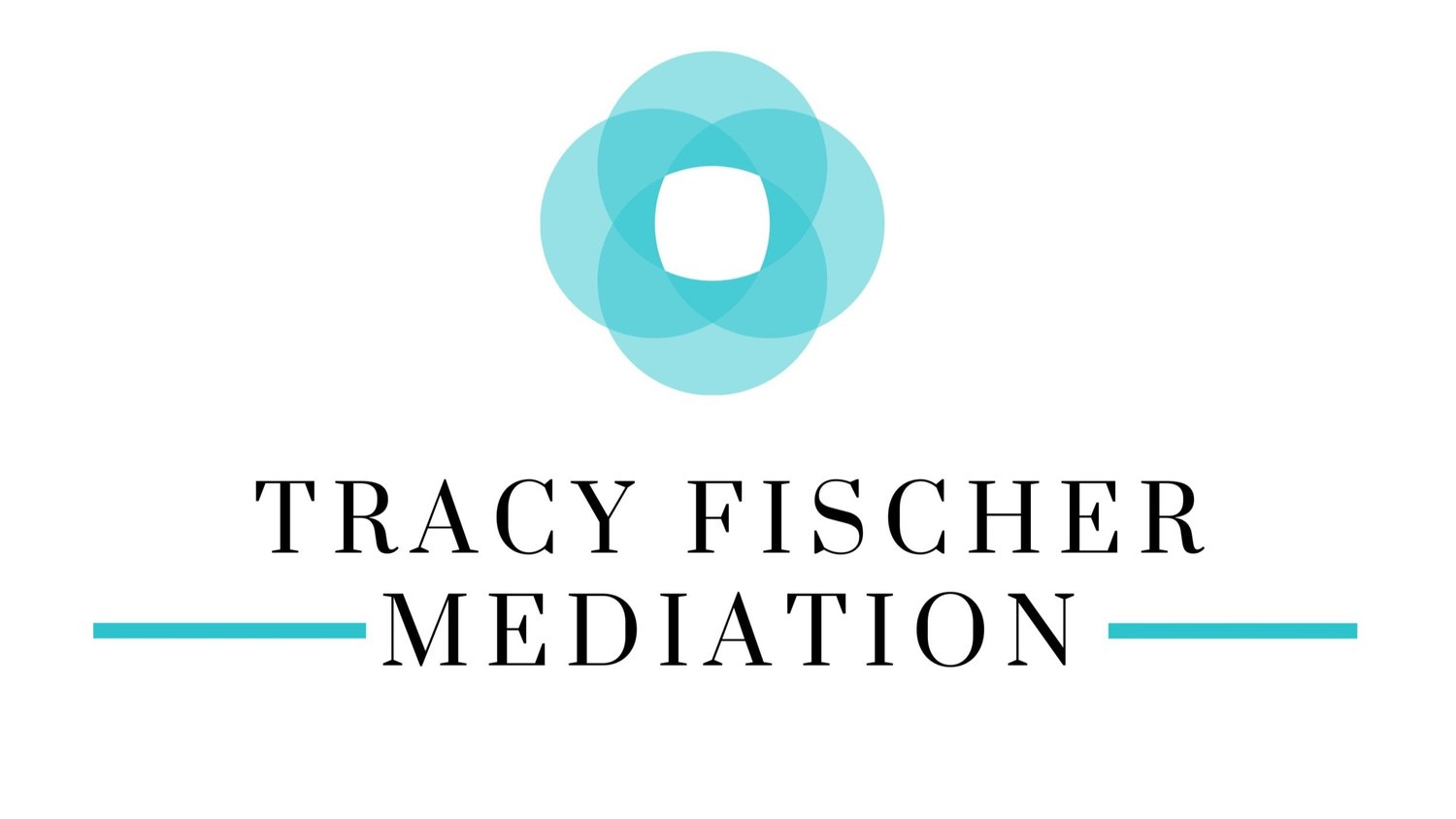Alternatives to Massachusetts Family Court
By Tracy Fischer
Family law disputes such as divorce, child custody, visitation, and spousal support discussions are often emotional and can be stressful. When two parties cannot agree, they may believe taking their case to court is the only option. However, litigation is expensive, emotionally draining and can be a very lengthy process. Additionally, the courtroom environment empowers the judge to make decisions instead of allowing the two parties involved to decide what is best.
There are viable alternatives to litigation and these options often allow the parties involved to determine what works best. Consider these effective alternatives.
1. Use a Mediator. Mediation is a productive way for each party to discuss, generate options and decide for themselves the issues that are important to them, including child custody, financial support and property division. A professional mediator is a neutral facilitator trained in the process of helping couples find common ground. Through a series of meetings, the mediator will draft a document outlining the agreement on all aspects that are required in a comprehensive divorce agreement. That document will then be submitted to the court for approval. It is not a legally binding document until approved by a judge. Since a mediator gives legal information only, it is recommended that both parties consult an attorney to discuss their individual rights and the consequences of certain decisions within the agreement drafted by the mediator. Look for a Certified Mediator at MCFM.org.
2. Enlist the help of a parenting coordinator. Child-related disputes are often the most controversial issues during and after a divorce. When issues arise, enlisting the help of a parenting coordinator can be extremely beneficial. Like a mediator, a parenting coordinator is a neutral professional that can help with dispute resolution, especially in cases where parents have difficulty communicating and agreeing on matters. A parenting coordinator will ultimately make the decision that the parents may not be able to agree upon themselves. There can be finality over the controversy of each issue that comes up, so issues can be settled in a timely manner for the ultimate benefit of the child.
3. Collaborative Law. Another option is to ask your family law attorney if he or she has training in collaborative law. The collaborative law process involves working with a neutral party and your attorney to settle family law issues. However, at the start of the process both parties must agree not to litigate their case, and both attorneys must agree not to represent their clients in litigation. While this agreement often forces the parties to work together to amicably resolve an issue, it does restrict both persons from litigating even if they feel it is necessary.
Whatever means of resolution you decide, it’s important to understand your options. Seek the guidance and advice of an experienced professional such as a certified divorce mediator or family law attorney.
